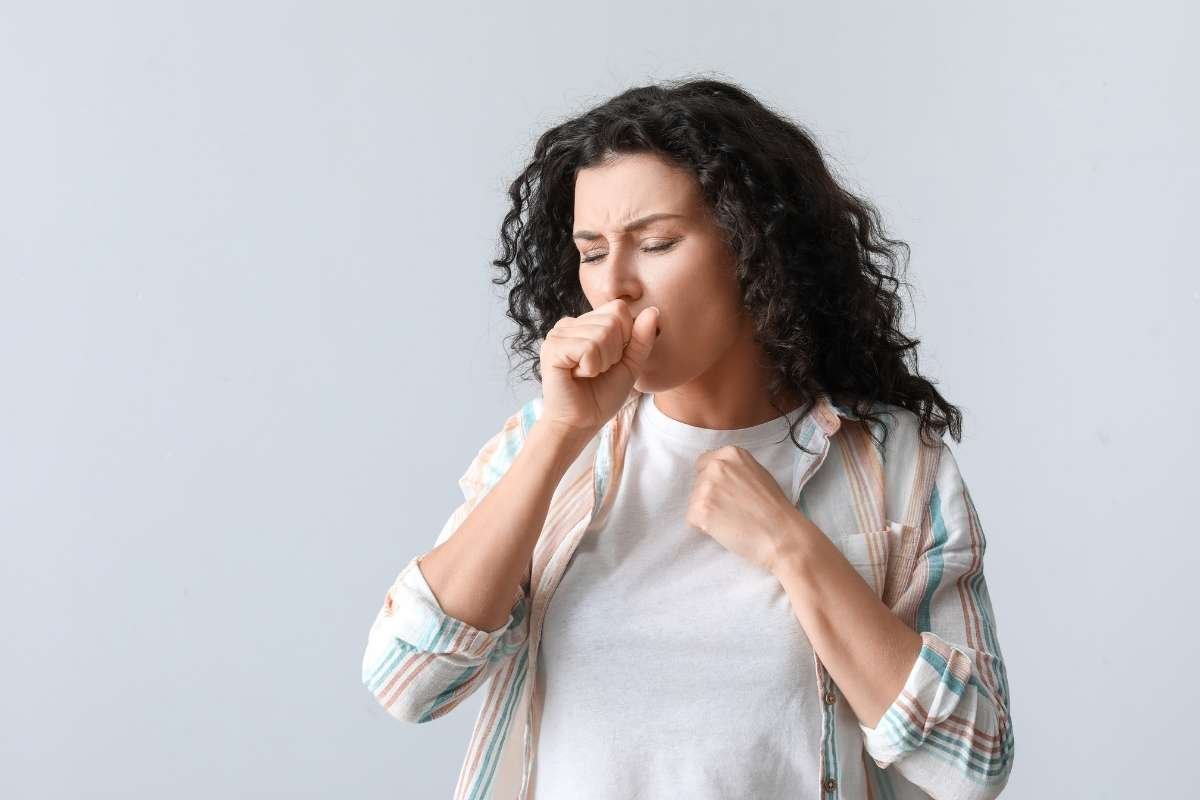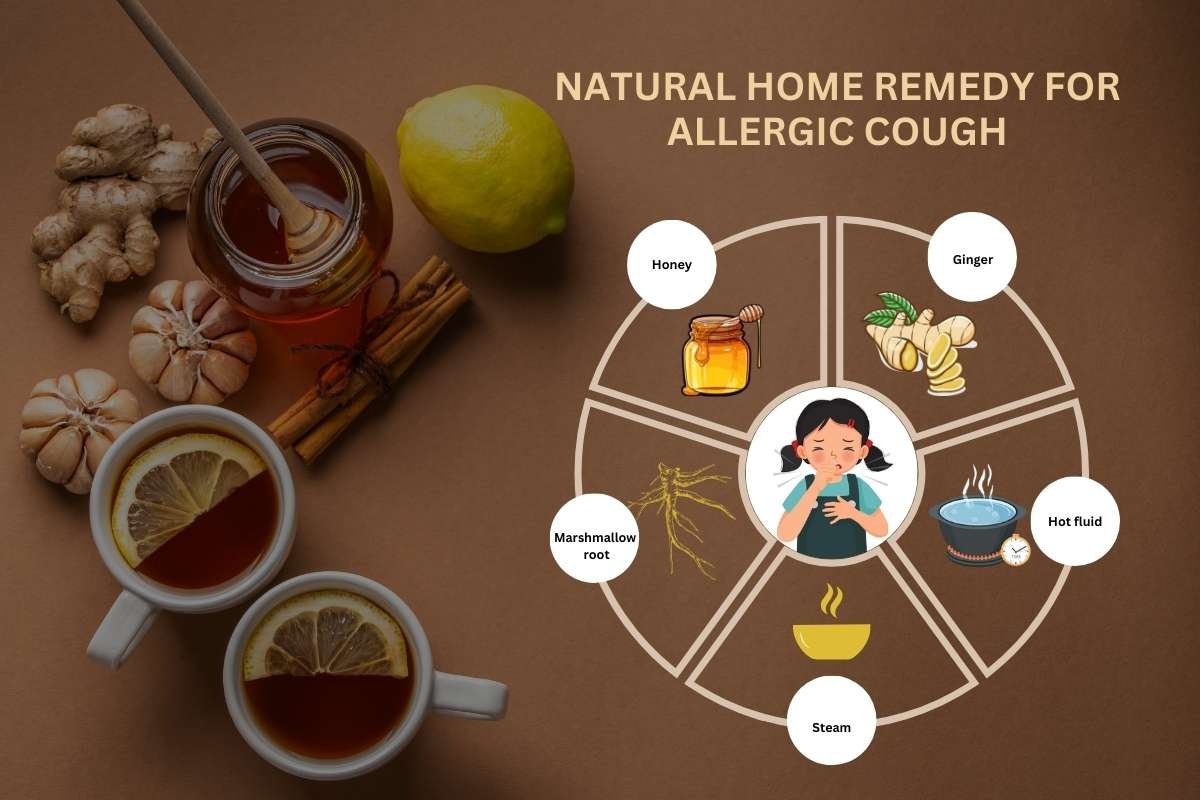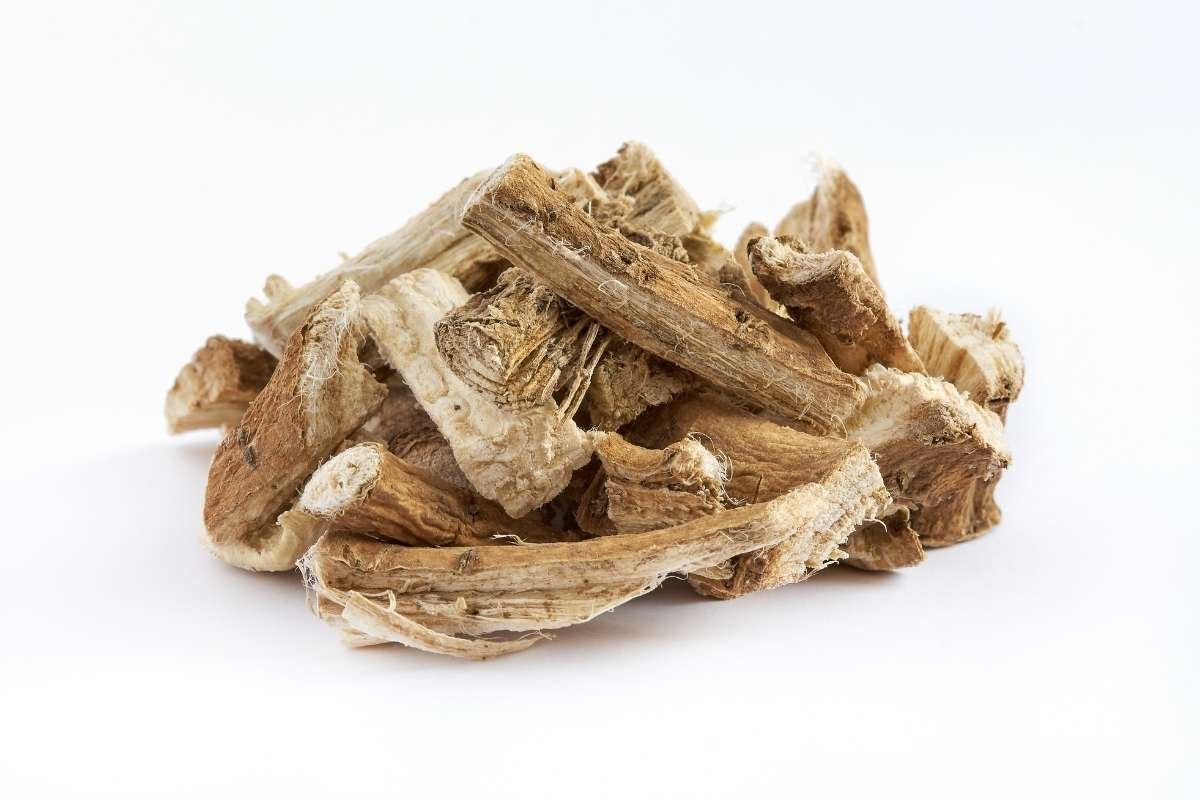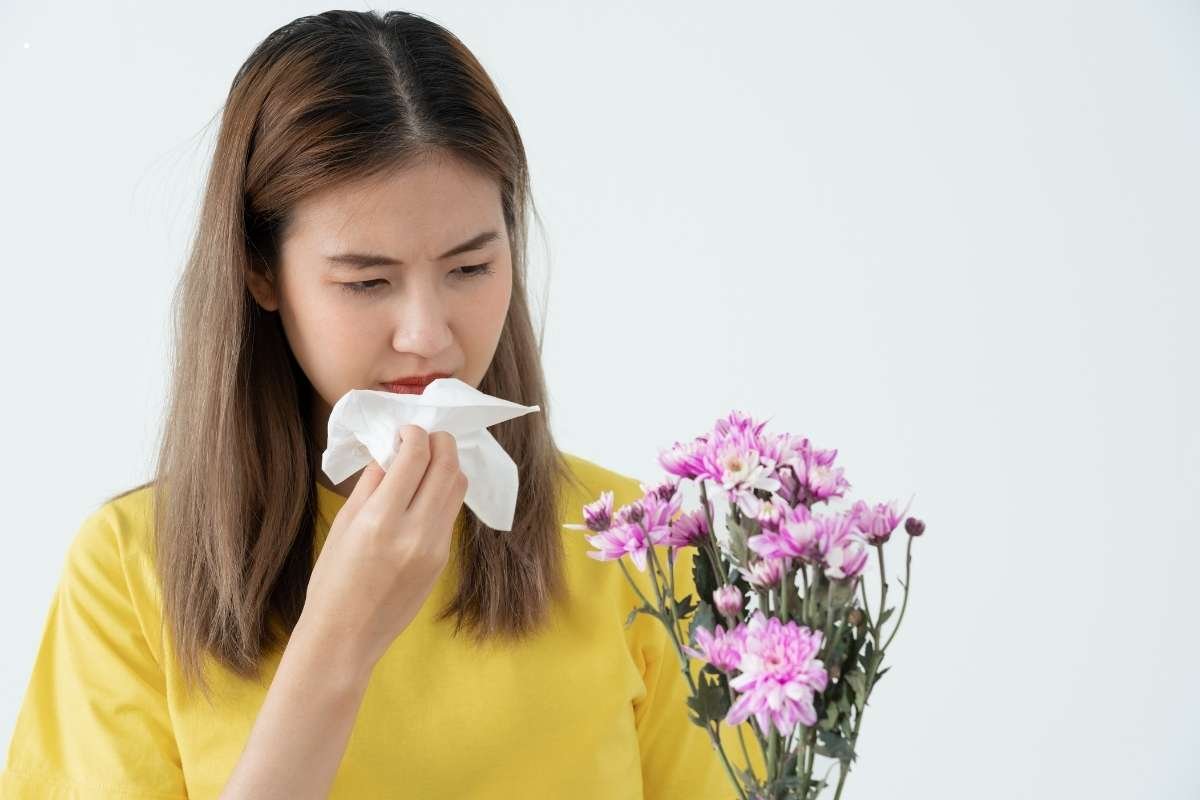Did you ever feel your throat closing up, followed by an easy feeling? Or did you see some rash, redness, or swelling in your face or body part? Yes, you guessed it right, these are a few common symptoms of allergic diseases. Allergic reactions can be dangerous if not given proper attention and could turn severe with delay. There are types of ways that our body reacts to any allergy. The most common symptom is an allergic cough is visible when you feel a restless tickle in your chest. Your throat feels raw, followed by a headache and constant irritation.
You keep coughing through day and night because the allergic reactions are your body’s defense mechanism. This unwelcome guest does not leave us early. Before we head out and get medical help, we get into natural ways to ease the irritation and calm us down. We try to seek comfort before pharmaceutical solutions. We often look for some home remedy for allergic cough to make sure we try to control it naturally.
In this article, we will find out about what is allergic cough is and get more into the details. Along with that, we will look for effective home remedy for allergic coughs to naturally ward off the discomfort.
How does an Allergy cough compare to other coughs?

Allergic cough is a type of respiratory response triggered when exposed to allergens like pollen or dust particles. It happens when these allergens start to irritate the airways, and the body automatically responds with a dry, hacking cough; this is usually followed by other allergy symptoms such as a runny nose and itchy eyes. However, the cough caused by infections is associated with a fever, but an allergic cough is not. The key difference between allergic coughs and other coughs lies in understanding their root causes and symptoms.
An allergic cough occurs from an immune system overreaction to airborne allergens like pollen or pet dander; it is often manifested as a dry, hacking cough coupled with itchy eyes, a runny nose, and sneezing without a fever. On the contrary, other coughs happen because of viral infections, which come forward as a dry or wet cough with a sore throat, congestion, and a mild fever. The flu, which is the outcome of the influenza virus, also leads to coughing. It is a dry cough, which is different because of high fever, body aches, and fatigue.
The key differentiation lies in their triggers, which are allergens and viruses. Let’s get more insight into the symptoms before uncovering the home remedy for allergic cough.
Symptoms of an Allergic cough:
- Dry, Persistent Cough – No mucus production, often triggered by allergens.
- Tickling Sensation in the Throat – Itchy or scratchy feeling causing frequent coughing.
- Worsens at Night or Outdoors – Especially when exposed to dust, pollen, or pet dander.
- Runny or Stuffy Nose – Common with seasonal allergies.
- Sneezing and Watery Eyes – Accompanied by nasal congestion.
- Shortness of Breath or Wheezing – In some cases, especially with asthma-related allergies.
- No Fever or Body Aches – Unlike viral infections, allergic cough doesn’t cause fever.
Also Read: How to Recognize and Treat Allergic Reactions?
Natural Home Remedy for Allergic Cough:

There are many natural and effective methods available to get relief from allergic cough. All of the ingredients can be found in our house easily. Let’s unwind them and find out what are they.
1. Honey
As per research, Honey is very useful for relieving cough. It is considered to treat upper respiratory infections. It helps by suppressing cough and also prevents the need for antibiotics. Anyone can use this remedy by swallowing a spoonful of honey or adding it to a hot drink, such as an herbal tea.
2. Ginger
Ginger is known to ease a dry or asthmatic cough and it has anti-inflammatory properties. These properties also help relieve nausea and pain. The researchers have found that ginger and other remedies, including honey, have played a continued role in traditional medicine.
3. Hot fluids
It is said that people with heavy colds or flu get better by drinking hot fluids. Some studies also show that hot beverages relieve even more symptoms, including a sore throat, chills, and fatigue. You consume beverages like: clear broths, herbal teas, decaffeinated black tea, warm water, and warm fruit juices.
4. Steam
A wet cough is caused due to mucus or phlegm can get better after taking steam. People often try the steam bowl method by doing the following. Fill a large bowl with hot water and add herbs or essential oils, such as eucalyptus or rosemary, which may help relieve congestion. Now leaning over the bowl and placing a towel over the head, which traps the steam so the person can breathe it in. Then breathe in the steam for about 10–15 minutes.
5. Marshmallow root

Marshmallow root has proven to have a long history of being used for treating coughs and sore throats. This herb can ease irritation resulting from coughing because of its high mucilage content. Mucilage is a thick, gluey substance that coats the throat.
Also Read: Cobblestone Throat: Causes, Symptoms, Diagnosis, Treatment, and Prevention
Conclusion
Home remedy for allergic cough have proven effective and are what we look for at first instead of pharmaceutical aid. It helps ease the irritation and offers ease to the person with that hacking cough. People often get confused between an allergic cough and other coughs. It can easily be identified by their triggers. Allergic cough is caused by allergens and other coughs because of viruses. Many home remedies can be found, such as honey, turmeric, steam, and many more, to help with an allergic cough. Do try these effective methods to see effective and good outcomes.
FAQ
1. How do you stop an allergy cough?
Allergy coughs can be treated with OTC antihistamines, expectorants, decongestants, nasal irrigation, and steam inhalation. If you have frequent or severe allergies, a visit to an allergist could be useful because you’ll learn which allergens are causing your symptoms or if another condition is to blame instead.
2. How long does an allergic cough last?
An allergic cough can last for weeks or even months, especially during peak allergy seasons, and may be persistent or worsen when exposed to specific allergens.
3. How to get rid of allergy tickle cough?
Staying hydrated is important when recovering from a tickly cough. Drinking lots of fluids, having warm soups, and drinking hot lemon and honey can help soothe the itchy sensations of a dry and sore throat. Cold drinks can also help to numb your throat, easing those feelings of tickling and irritation.







